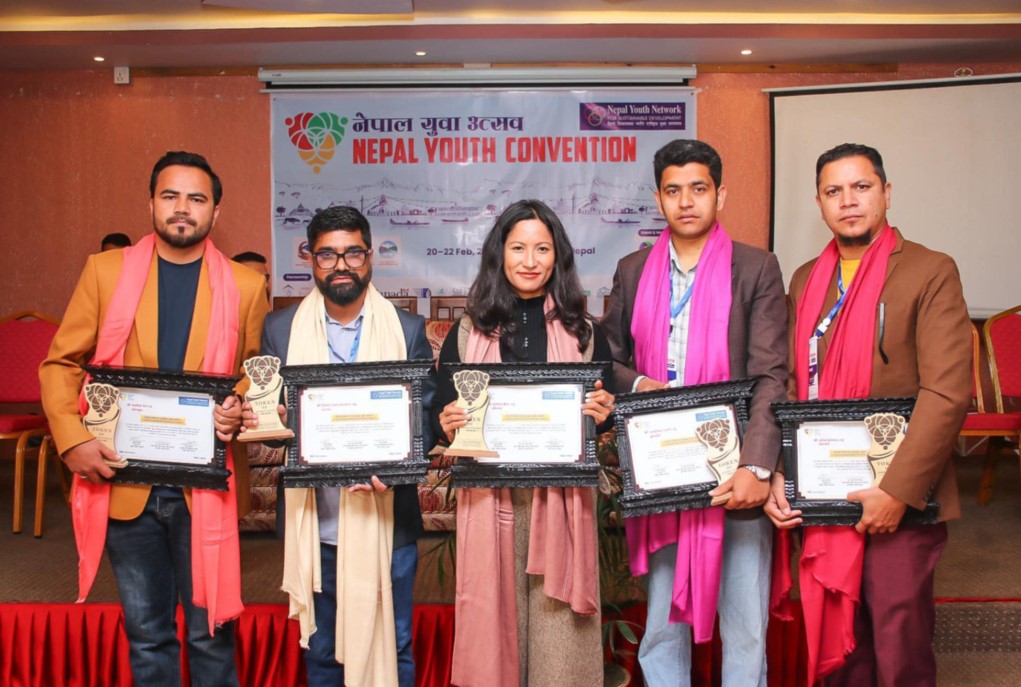KATHMANDU, Feb 5: Srijana Sharma (name changed), a 23-year-old from Kathmandu, visited the maternity hospital two weeks ago due to health issues. She visited the hospital due to continuous bleeding. Obstetrician and Gynecologist Dr Madhu Shrestha, involved in Sharma's treatment, said that the health issues have arisen due to frequent consumption of emergency contraceptive pills during recent times. Sharma used to take emergency contraceptive pills because she was in a relationship with her boyfriend while still unmarried. "They were not planning to have a child since they were not married, but due to their relationship, they took such pills many times," said Dr Shrestha.
Similarly, Meera KC (name changed), a 28, from Kathmandu, also visited the maternity home for treatment a month ago. Unmarried and in a relationship, she used emergency contraceptive pills multiple times. Despite experiencing irregular menstruation, she sought medical attention only after two weeks of continuous bleeding. Dr Shrestha explained that the complications have been attributed to the repeated use of emergency contraceptives.
These two young women are only representative cases of a larger trend. Many individuals end up in the hospital after experiencing health problems due to the frequent use of emergency contraceptive pills. Unmarried and younger individuals are more prone to using these pills than their married counterparts.
Lawsuit over eggs tests China’s policies on unmarried women

"Many young, unmarried women in relationships use emergency contraceptive pills," said Geeta Gurung, a senior gynecologist. Dr Shrestha added, "This pill is more commonly used by unmarried individuals."
Pharmacies also report a higher demand for emergency contraceptive pills among youth and unmarried individuals. According to a pharmacy in Bhaktapur, youth and unmarried people are more likely to use emergency contraceptive pills. According to an employee of the pharmacy, the shop sells about 100 pills a month, mostly to the buyers aged between 18 and 25 years old. According to Namrata Medical in Kamalpokhari, Kathmandu, it sells two to three emergency contraceptive pills daily.
Both doctors and pharmacists have experienced that even though there is more public awareness about the use of this pill compared to before, some unmarried individuals, who have relationships before marriage, use these pills as a contraceptive rather than for emergency purposes.
According to the doctor, this pill is made to be used every six months or a year in case of emergency. Because it is a contraceptive, it contains a large amount of hormones. Moreover, it has adverse effects on health when used repeatedly. Because it contains a prostaglandin hormone, it prevents pregnancy. Prostaglandin hormone is naturally present in the body. In the emergency contraceptive pill, this hormone is present in a significant amount. Dr Jyoti Bhattarai, a hormonal specialist, explains that the repeated use of this pill can have adverse effects on health. Issues such as irregularities in menstruation and excessive bleeding may arise due to this hormone.
“In some cases, bleeding occurred continuously for two weeks,” Dr Gurung said. Doctors say that if the bleeding is continuous, there may be complications like anemia, weakness due to anemia, and fatigue. “Anemia occurs after excessive bleeding, which has a serious impact on the overall health," said Dr Shrestha.
In the name of safe sex, doctors suggest using condoms over emergency contraceptive pills. “Since the use of condoms can prevent pregnancy and avoid any sexually transmitted diseases, it is safe to insist on its use for both married and unmarried couples,” Dr Shrestha said.
"Excessive levels of hormones in the body can have various effects, it is better to use a condom instead," she said.
According to a research conducted by the United Nations Development Fund in 2018, it found a high prevalence of the use of emergency contraceptive pill, with 58 percent of 15 to 19-year-olds, 69 percent of 20-24-year-olds, 37.5 percent of 25 to 29-year-olds, and 69 percent of 30-years and above reporting its usage.







































